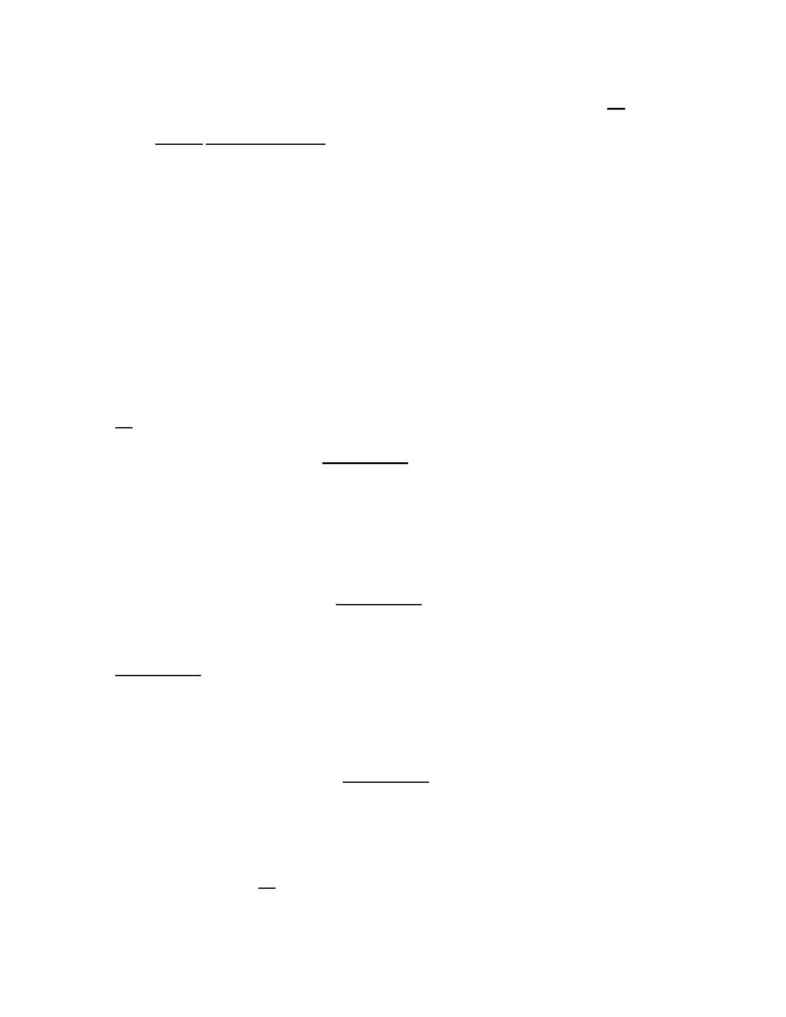
46
recovered for losses or injuries if traditional tort principles had been applied,'" Id. at
1096 (quoting Tobin v. Grossman, 249 N.E.2d 419 (N.Y. 1969)), but concluded,
nonetheless, that public policy principles precluded finding a duty of care. The court
reasoned:
If [defendants] were answerable for property damage sustained by one not
in contractual privity with them, they would be forced to insure against a
risk the amount of which they may not know and cannot control, and as to
which contractual limitations of liability may be ineffective. The result
would be higher insurance premiums passed along through higher rates to
all those who require sprinkler system and alarm services. In effect, the
cost of protection for those whose potential loss is the greatest would be
subsidized by those with the least to lose. In this setting, we see no reason
to distribute the risk of loss in such a manner.
Id.
The defendants in Eaves Brooks provided inspection and maintenance
services to the building owner. These services are like those alleged against the
Construction and Contractor Defendants in the Amended Complaint, which include
manufacturing, distributing, furnishing, and supplying services as well as installing
systems in 7WTC. If anything, the Eaves Brooks defendants were even closer in
relationship to the commercial tenant than some of the defendants here, because the
Eaves Brooks defendants were engaged in an ongoing service of periodic inspections and
maintenance, whereas many of the 7WTC Construction and Contractor Defendants are
alleged to have completed any involvement with 7WTC years before the events of
September 11, 2001. Further, as the Eaves Brooks court noted, "the owners and plaintiff
are both in a position to insure against losses" and "know or are in a position to know the
value of the goods stored and can negotiate the cost of the lease and limitations on
liability accordingly." Id. Con Ed was in similar position to look to its own insurers, or
